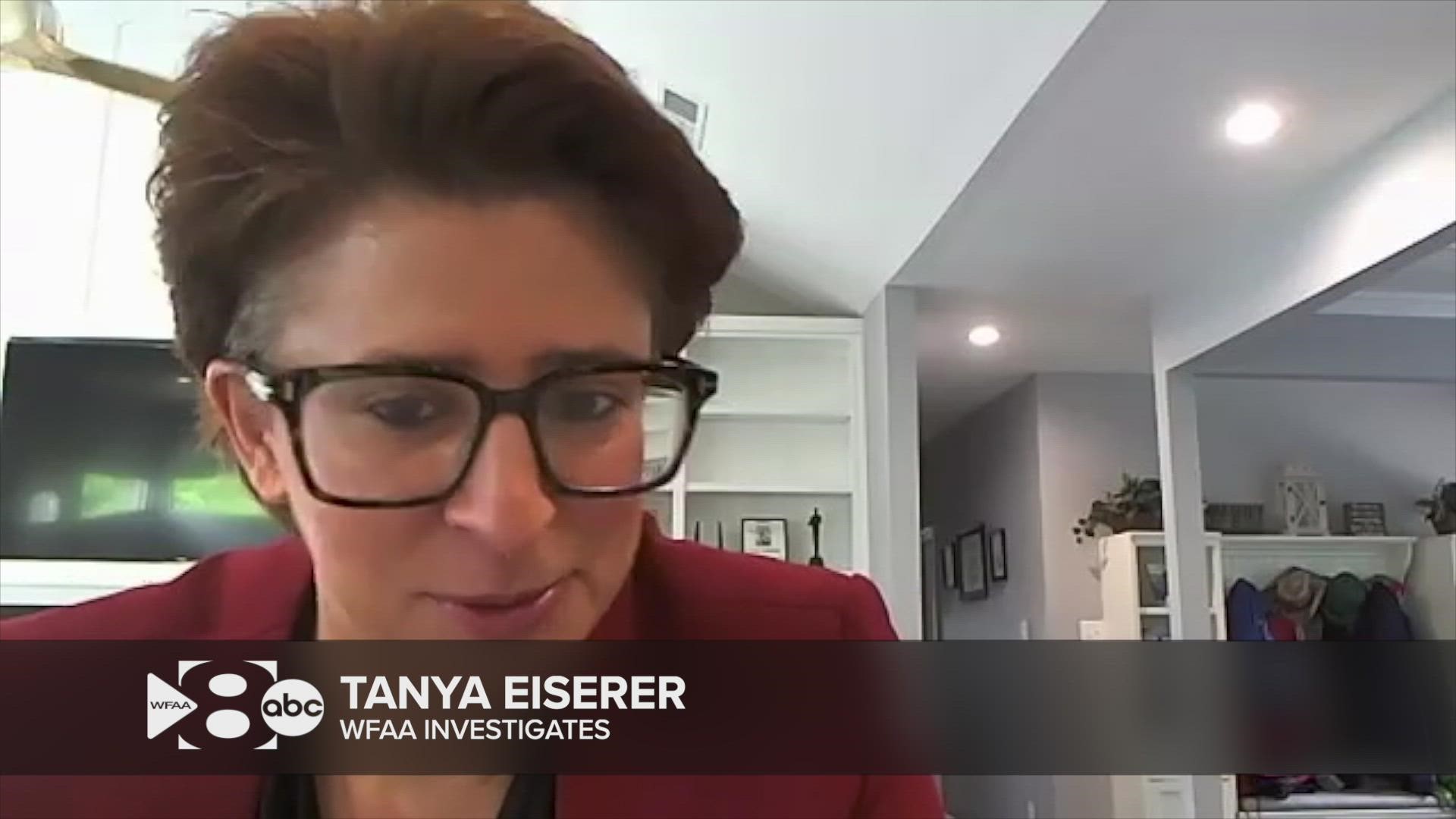FORT WORTH, Texas — The Texas Court of Criminal Appeals has found its way around a legal technicality that could have kept a 46-year-old man convicted of a crime he did not commit behind bars for life.
Prosecutors and police agree that Walter Roy did not commit the crime that sent him to prison on a life sentence. WFAA told Roy’s story back in September.
Roy served almost 26 years in prison after being convicted of attempted murder and engaging in organized crime. He has been out on bond since last fall awaiting the appeals court’s ruling.
In its ruling, the court ordered that Walter Roy be granted a new punishment hearing because his due process rights were violated by false testimony presented during his trial.
Prosecutors have already agreed that he should be sentenced time served.
WFAA was on the Zoom call as his attorney, Mark Lassiter, delivered the news to him.
“I wanted you to be the first to hear this from me,” his attorney told him. “The Court of Criminal Appeals has granted relief.”
His wife, Surnedra Drisdle, was overcome with emotion.
“Oh, my God,” she said, hugging and kissing her husband. “You’re going to make me cry, Mark.”
“That’s good man,” Roy said. “Thank you. That’ all it is. It ain’t nothing but God.”
“You are not going back to prison,” Lassiter told him.
Lassiter explained that the court had revisited its original decision to deny his appeal and had concluded based on the evidence that he should be granted a new punishment hearing.
“There's going to be some formalities involved. But at the end of the day, we're going to show up and we're going to leave and you're going to be a free man,” Lassiter said.
His attorney expects the hearing to occur next week.
Walter said he always believed he would be free. The day he was sentenced, nearly 30 years ago, he remembers watching a church sermon on television.
“They had just given me a life sentence and three 20-year sentences on top of it," he said in an interview following the call. "I remember going back to the TV and listening to the minister, and I remember he said, 'It's a man who just got a life sentence, but God told me to tell you He's going to pull you out of it.' I passed out."
He said that's what he held on to during every day for 26 years.
“It’s over with,” he said. “It’s over with … I’ve been waiting for this for so long.”
Walter told WFAA that he hopes his case will shed light on the inequities of the criminal justice system and that it will help others in a similar position.
In a statement, the Tarrant County District Attorney’s Office said it agreed with the appeals court ruling.
“Our office’s Conviction Integrity Unit reviewed the case of Walter Roy and determined he was overcharged and over sentenced,” the statement said.
The DA’s position is that Roy could have been convicted as an accomplice, but would have received a much lighter sentence. Lassiter, Roy’s attorney, has argued that the evidence and testimony that Roy attempted to take the gun away from the real shooter shows he had no intent to be involved in a shooting.
The appeals court agreed with the DA’s position in its ruling that granted the new punishment hearing.
From the start, Roy denied that he was the shooter in the shooting that occurred in 1995 in a Fort Worth park. The lineup shown to witnesses was false and there was no physical evidence linking him to the crime.
Tarrant County Conviction Integrity Unit (CIU) located witnesses who said another man bragged about being the shooter.
State law requires that whenever a defendant appeals, they must include all of the claims that can be raised.
In its ruling, the court said it was reconsidering its denial of his original appeal and granting a new punishment hearing. As a result, the court said it was not considering a “different claim” and the bar against hearing the appeal did not come into play.
“The legal reasoning seems solid to me,” said Gary Udashen of the Innocence Project of Texas, which had filed a brief outlining why it believed the allowed the court to hear Roy’s case. “The same facts that would entitle Roy to a new trial also entitle him to a new sentencing hearing.”
Udashen said the ruling shows that there is a “solid majority on the Court of Criminal Appeals, contrary to popular belief, that if they see in a case that there’s a clear injustice they will work to find some way to rectify that.”
And here’s the final kicker: Walter Roy wasn’t even his real name. He was sent to prison under his grandfather’s name.
He now goes by John Drisdle, his real name.

